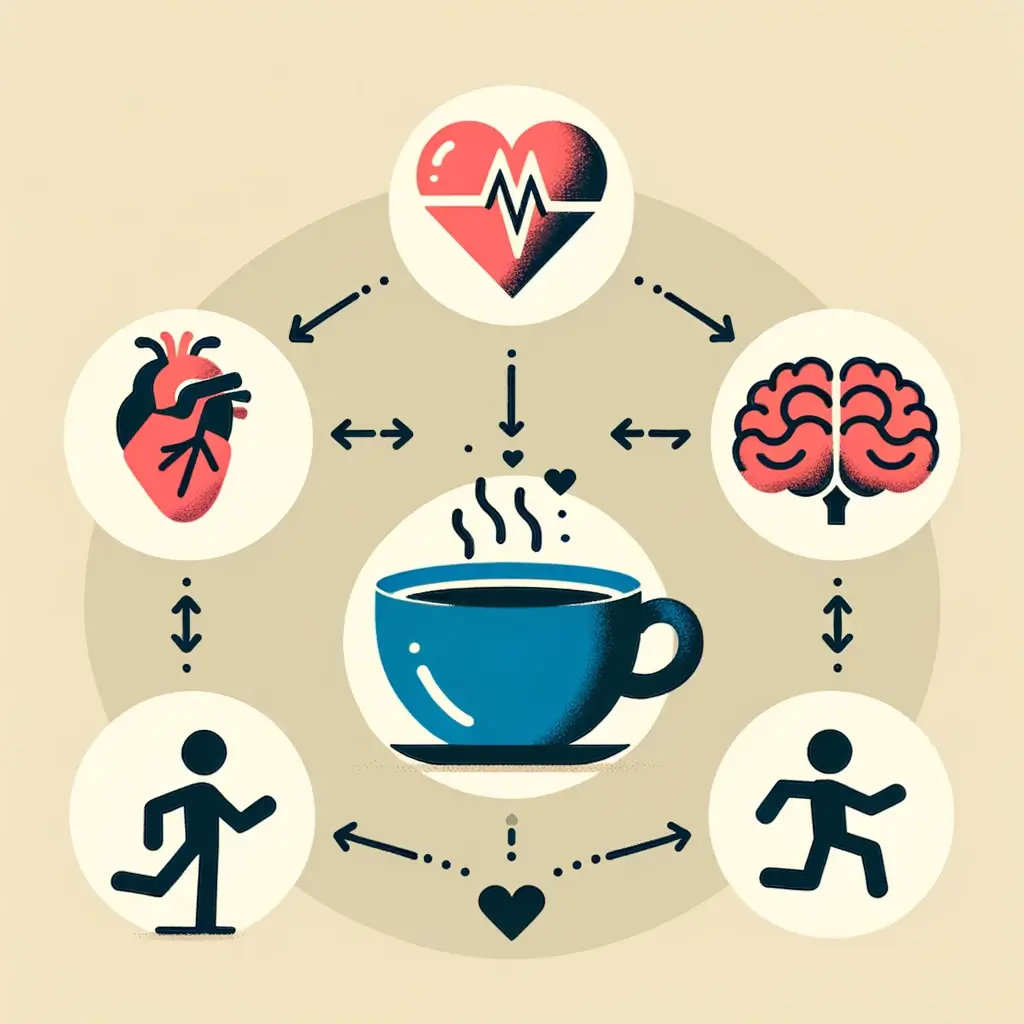Scott Keatley RD CDN

How Much Coffee Is Too Much Coffee? Here’s What Experts And Studies Say
In the article, Scott Keatley, RD, from Keatley Medical Nutrition Therapy, provides insights into coffee consumption and its health implications. Here's a summary of his input:
Coffee's Health Benefits: Keatley underscores that coffee, one of the most studied substances, has been linked to numerous health benefits. It contains fiber, which aids in fullness and may decrease the risk of certain cancers. It also improves brain functions such as memory, mood, energy levels, and reaction times, which can enhance gym performance.
Coffee and Longevity: Keatley points out that studies, including one from JAMA Internal Medicine, have linked coffee consumption to a decreased risk of diseases like Parkinson's and type 2 diabetes, and even to longevity benefits.
Caffeine Content Variation: He explains that different coffee types have varying caffeine contents, affecting individuals differently. An eight-ounce cup of coffee can have 95 to 200 milligrams of caffeine, influencing how much coffee might be considered too much.
Recommended Limits: Keatley mentions that the FDA suggests healthy adults limit themselves to 400 milligrams of caffeine per day, which is about four or five cups of coffee. These amounts vary based on individual sensitivity and the caffeine content of the coffee consumed.
Excessive Consumption Concerns: Keatley also notes that drinking too much coffee can lead to short-term issues like jitters, upset stomach, and increased heart rate, as well as potential long-term risks like cardiovascular disease.
Listening to Your Body: He advises coffee drinkers to be mindful of their caffeine intake and to pay attention to their body's signals, suggesting moderation and individual tolerance as key considerations.
Keatley's overall message is to enjoy the benefits of coffee but to be cautious not to overconsume, recommending no more than four to five cups a day as a general guideline while also listening to one's body.